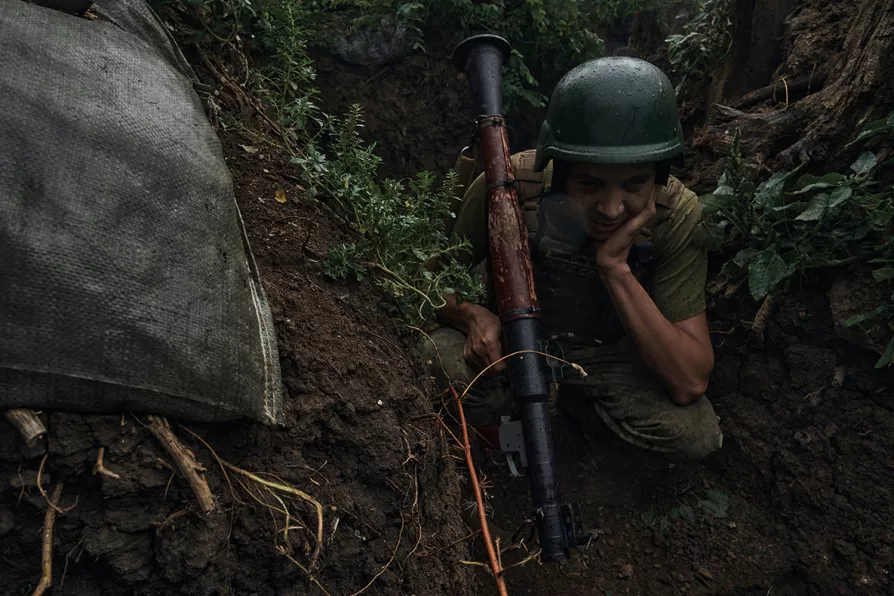Israel’s recognition of Somaliland has little to do with self-determination and far more to do with strategy, offering Israel a potential military foothold near Yemen, says JE ROSENBERG

 A Ukrainian soldier shelters in a trench on the frontline in the Zaporizhzhia region, the site of heavy fighting with Russian troops, August 10 2023
A Ukrainian soldier shelters in a trench on the frontline in the Zaporizhzhia region, the site of heavy fighting with Russian troops, August 10 2023
NO SERIOUS person, certainly no socialist, would disagree that the first world war was an inter-imperialist conflict between “great powers” in pursuit of markets, resources, and hegemony.
Isn’t hindsight a wonderful thing. At the time, one hundred and nine years ago today, the majority of socialists, trade union leaders and prominent “Marxists” abandoned international class solidarity, capitulated to war fever, embraced national chauvinism, effectively endorsing the industrialised slaughter of millions of workers of all combatant nations.
Socialists who opposed the war and exposed its real cause — imperialist profiteering — were marginalised and victimised. In Britain, John MacLean and other socialists were imprisoned under the Defence of the Realm Act.

Western nations’ increasingly aggressive stance is not prompted by any increase in security threats against these countries — rather, it is caused by a desire to bring about regime changes against governments that pose a threat to the hegemony of imperialism, writes PRABHAT PATNAIK

Speaking to a CND meeting in Cambridge this week, SIMON BRIGNELL traced how the alliance’s anti-communist machinery broke unions, diverted vital funds from public services, and turned workers into cannon fodder for profit












